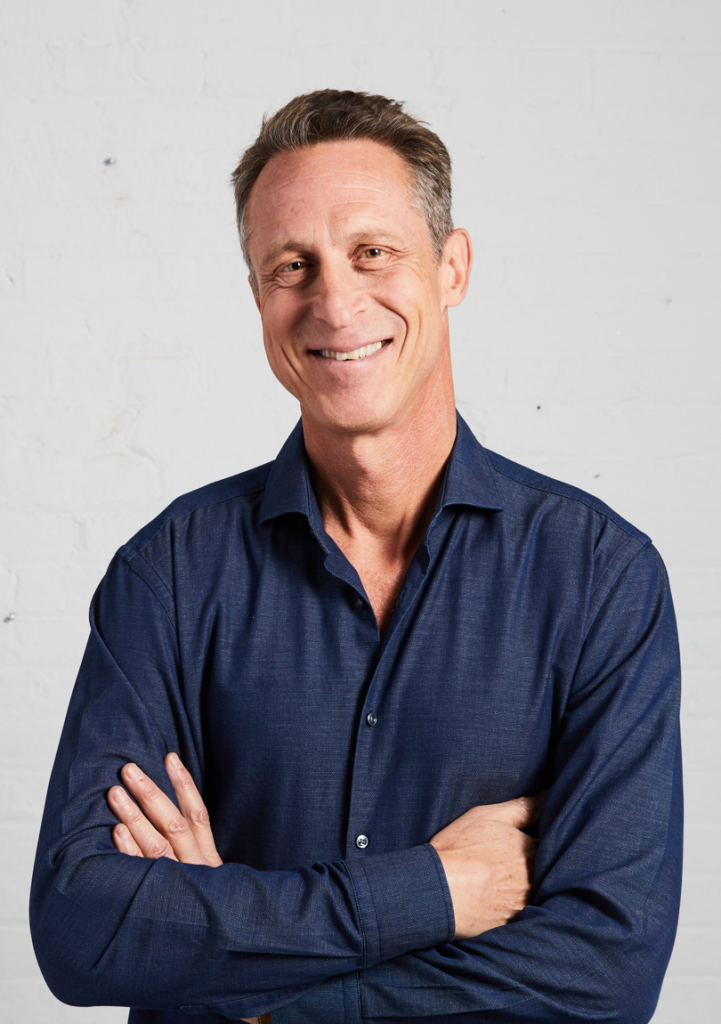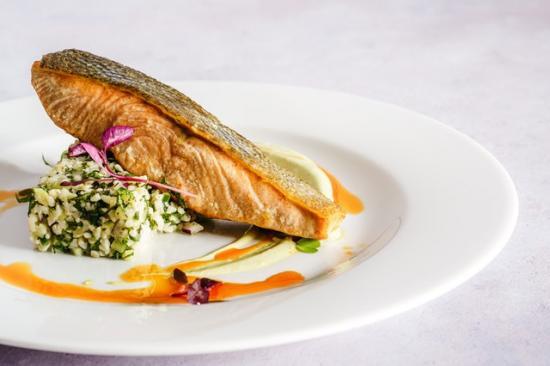How to Eat Fish Responsibly
There are so many questions when it comes to safely eating seafood.
I know the nutritional research says fish and other types of seafood are some of the healthiest proteins on the planet, yet I also know the research on toxicity and environmental harm shows plenty of reasons to avoid it.
Should we only be eating fish raised in fish farms that use restorative and regenerative practices, which build up the biodiversity of the oceans and restore livings systems, rather than just “sustain” what is currently a very fragile ocean ecosystem? Or is wild always best? Can we change fishing practices to sustainably harvest wild fish by changing the equipment fishermen use so they don’t kill 10 pounds of seafood caught in the nets as byproducts for every pound of fish we eat? Can we prevent genetic intermingling of wild and farmed stocks by farming only genetically bio-identical, local species of fish that belong in the local ecosystem?
It’s enough to make the fish lover throw up their hands and say, “I’ll have the double cheeseburger with fries.” Eating fish seems impossible if you are interested in staying healthy by getting enough omega-3 fats while avoiding mercury poisoning and destroying the oceans.
But it’s not. We just have to be informed consumers.
We know it’s important to eat the types of fish high in omega-3’s like salmon, sardines, and mackerel for optimal cardiovascular, brain, and whole-body health. We know that farmed fish are often high in toxins like PCBs and dioxins and that they’re also exposed to pesticides and antibiotics, though farmed fish from the US may be a better choice than wild-caught fish from other parts of the world. We also know that looking for the Certified Sustainable Seafood label, from the Marine Stewardship Council, lets us know we’re supporting responsible fishing practices.
Seafood researcher and writer Paul Greenberg tried to simplify the complicated world of eating fish (while also still admitting it’s quite complicated) with three simple rules.
He suggests sticking to American seafood because we’re one of the top countries using science-based fish management to protect our resources. Next, he offers that we diversify the types of seafood we eat—shrimp, tuna, and salmon are the top three on American plates, and we’re missing out on more nutritious options while supporting poor human rights on shrimp farms in Southeast Asia and consuming large amounts of mercury in canned tuna. Third, Greenberg recommends embracing more farmed filter feeders, animals like oysters and mussels that get sustenance from water and don’t need feed (which is where a huge portion of smaller wild-caught fish go, to feed larger varieties of farmed fish).
I was grateful to have Paul on The Doctor’s Farmacy last week to discuss more on the world of seafood and how to be a conscious and healthy consumer all at once. I hope you’ll tune in to learn more about this valuable part of a real-foods diet.
_________________________
About Dr. Hyman

Dr. Hyman has turned his passion for Functional Medicine, real food, nutrition, and wellness into activism, working to change our food system on a global scale. Through his work to change policy for the betterment of public health, Dr. Hyman has testified before the Senate Working Group on Health Care Reform on Functional Medicine. He has consulted with the surgeon general on diabetes prevention and participated in the 2009 White House Forum on Prevention and Wellness. Senator Tom Harkin of Iowa nominated Dr. Hyman for the President’s Advisory Group on Prevention, Health Promotion, and Integrative and Public Health. Additionally, Dr. Hyman has presented at the Clinton Foundation’s Health Matters, Achieving Wellness in Every Generation conference and the Clinton Global Initiative, as well as with the World Economic Forum on global health issues, TEDMED and TEDx. He is the winner of the Linus Pauling Award and the Nantucket Project Award. Dr. Hyman received the Christian Book of the Year Award for his work on The Daniel Plan, a faith-based initiative that helped Saddleback Church collectively lose 250,000 pounds that he created with Rick Warren, Dr. Mehmet Oz, and Dr. Daniel Amen. He was also inducted into the Books for Better Life Hall of Fame With Dr. Dean Ornish and Dr. Michael Roizen. Dr. Hyman crafted and helped introduce the Take Back Your Health Act of 2009 to the United States Senate, which promotes reimbursement for lifestyle treatment of chronic disease. With Tim Ryan in 2015, he helped introduce the ENRICH Act into Congress to fund nutrition in medical education. Dr. Hyman plays a substantial role in the major 2014 film Fed Up, produced by Laurie David and Katie Couric, which addresses childhood obesity.





















